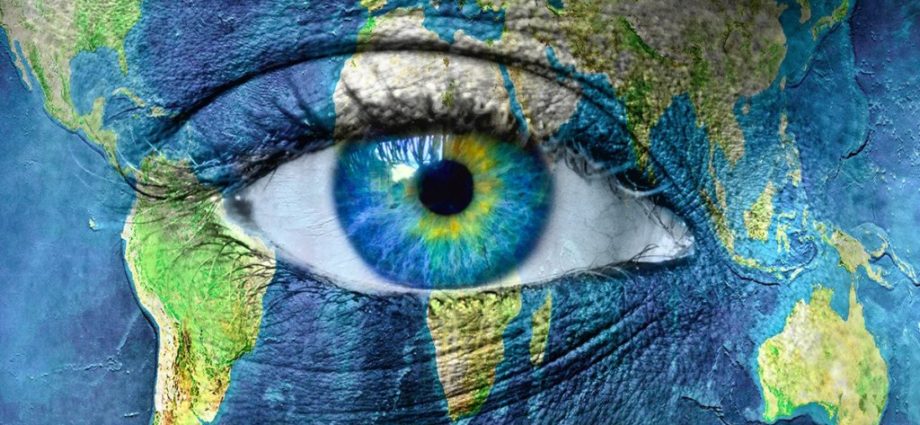
Our world is in an unnecessary precarious imbalance. We live with a climate crisis, famine, drought, storms. War is raging in several countries. There is racism, poverty, sexism, homophobia, deprivation. Our precarious imbalance has worsened by greed, power, and the Covid-19 pandemic.
Poverty
An example is the imbalance of poverty. According to the World Inequality Report:
“In 2021, after three decades of trade and financial globalization, global inequalities remain extremely pronounced: they are about as great today as they were at the peak of Western imperialism in the early 20th century. In addition, the Covid pandemic has exacerbated even more global inequalities. Our data shows that the top 1% took 38% of all additional wealth accumulated since the mid-1990s, with an acceleration since 2020.”
In the UK poverty is increasing. Caroline Abrahams, the charity director at Age UK, said:
“The numbers of older people living below the poverty line seem to be inexorably rising. It’s these older people, and others whose incomes take them just above the poverty line, who are being badly hurt by the surge in energy prices.”
Peter Matejic, from the Joseph Rowntree Foundation, said:
“…pensioner poverty was a ‘political choice’ made by the government despite its stated ambition to reduce inequalities and increase healthy life expectancy by five years.” (Guardian Thu 17 Mar 2022)
Without hope all is lost
I recently listened to an interview with Jane Goodall talking about her latest book: The Book of Hope: A Survival Guide for an Endangered Planet (Jane Goodall and Douglas Abrams, ISBN-13978024147857)
Jane said:
“On many days I admit that I feel depressed, days when it seems that the efforts, the struggles, and the sacrifices of so many people fighting for social and environmental justice, fighting prejudice and racism and greed, are fighting a losing battle. But without hope, all is lost. It is a crucial survival trait that has sustained our species from the time of our Stone Age ancestors.”
“Probably the question I am asked more often than any other is: Do you honestly believe there is hope for our world? For the future of our children and grandchildren?
“And I am able to answer, truthfully, yes. I believe we still have a window of time during which we can start healing the harm we have inflicted on the planet – but that window is closing. If we care about the future of our children and theirs, if we care about the health of the natural world, we must get together and take action. Now – before it is too late.”
She explains:
“real hope …requires action and engagement. Many people understand the dire state of the planet – but do nothing about it because they feel helpless and hopeless. …The cumulative effect of thousands of ethical actions can help to save and improve our world for future generations.”
What can we do?
There are ways in which we, as individuals, contribute to actions every day. These add to actions from many others.
Here are five things we can do to help end poverty from Food for Life.
“1. Donate
Most people in the world do not have the privilege of disposable income. Many of us can donate to one of the many charities across the world helping in the fight against poverty.
2. Volunteer
Time can be just as important as money. This might be helping in a food bank, serve soup to the homeless, or help build a school in Ethiopia.
3. Sign petitions
There are thousands of people and organizations making real positive change through petitions that aim to help those in need. All they require is your signature to be heard officially by governments, world leaders, and big corporations.
4. Support minimum wage increases
People in well-off countries can help avert climate breakdown by making six relatively straightforward lifestyle changes, according to research from three leading institutions.5. Fight for Action on Climate Change
5. Fight for action on climate change
Poverty and climate change are deeply intertwined. Natural disasters, water shortages, food shortages, power outages, and failing economies all pose serious risks to those that are the most vulnerable.”
The Guardian (March 07 2022) published six key lifestyle changes individuals in well off countries can make to help avert the climate crisis.
The positive end of one campaign
Today, on 17 March, thanks to hope, determination, publicity, a hunger strike and campaign led by Richard Ratcliffe, Nazanin Zaghari-Ratcliffe arrived back to her home in the UK after serving a sentence of five years in prison after being found guilty of “plotting to topple the Iranian government”. She served a further year under house arrest.
We can make a difference.
Please follow us on social media, subscribe to our newsletter, and/or support us with a regular donation


